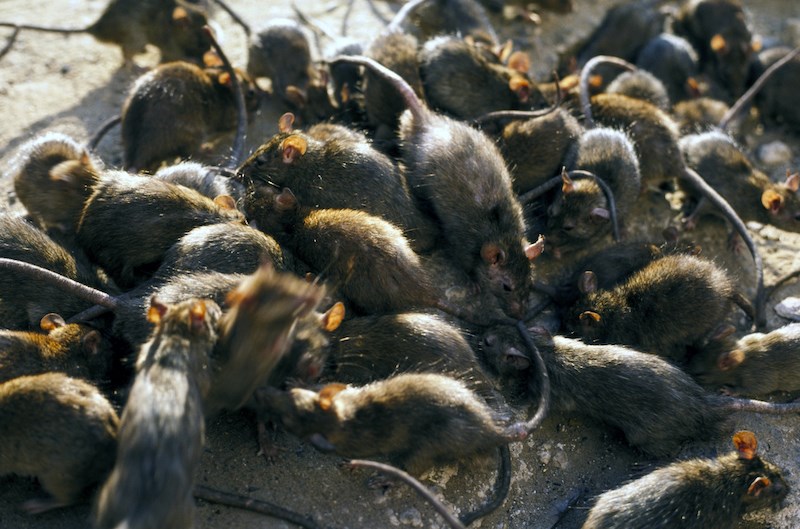Vancouver rent prices continue to climb while many tenants face many issues, including ones related to cleanliness and pest issues. But do tenants have to pay their full rent during an ongoing rat infestation?
According to Section 32 of the Residential Tenancy Act (RTA), landlords are responsible for providing and maintaining their residential properties in a state that complies with the health, safety and housing standards required by law. In other words, they need to keep your pad pest-free or deal with pest issues as they arise.
But tenants also bear a responsibility to uphold the cleanliness of their rental units, too.
The RTA stipulates that a "tenant must maintain reasonable health, cleanliness and sanitary standards throughout the rental unit."
How a rat infestation can affect a residential tenancy dispute
The Residential Tenancy Branch (RTB) handles disputes on a case-by-case basis, based on a range of factors, including the evidence and the balance of probabilities in each one.
In a previous dispute in the City of Vancouver, for example, the RTB did not rule in favour of either the landlord or the tenant. Instead, it found that both parties were owed monies based on the evidence. The landlord was filing to end the tenancy and get paid for unpaid rent, while the renter was filing to cancel the notice for unpaid rent, get the landlord to make emergency repairs to the unit, and also receive $25,000 for their problems due to a "major rat infestation."
The tenant claimed the rats had gained entry to his unit via the radiator and that the poison the landlord gave him to use created a "terrible smell" when they died. After he notified the landlord about the odour, he said the landlord told him that the "heat and the rat smell were related" and that he couldn't control it.
To mitigate the foul smell in his unit, the renter used a box heater as well as "ionizers and HEPA filters." However, he also withheld rent for doing his own "emergency repairs" because the landlord didn't do anything right away. When the landlord’s representatives attended, they advised that they would call a pest control specialist but rent has to be paid. They served a 10-day Notice to End Tenancy at that time.
The City of Vancouver visited the rental unit and served the landlord with a letter outlining the severity of the infestation and some other issues. The city inspector even noted that there was a "rotting smell of rats or a heating problem" in the unit.
In its decision, the RTB said the tenant lost "peaceful enjoyment of their unit" due to the rat problem "apparently through no fault of theirs" and granted them a rebate of one-third of a month's rent ($700) for a total of $2,100. But the landlord was still entitled to the unpaid rent, which totalled $4,200 after the $2,100 was subtracted from the total claim. Further, the tenant was required to leave.



